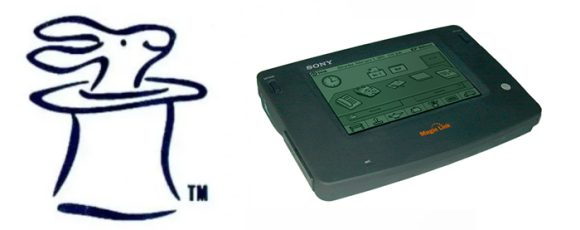
Hi, I’m Luni. I’ve been entrepreneuring for the last 35 years. Software companies for the first 20 years, one at a time. The first funded by my leftover college fund, then a super-Angel. The next four by California-based venture capital funds. Only the first shut down. The acquired. One big win. In 2011, while running my last software company, I stumbled upon Bainbridge Graduate Institute, the...


















